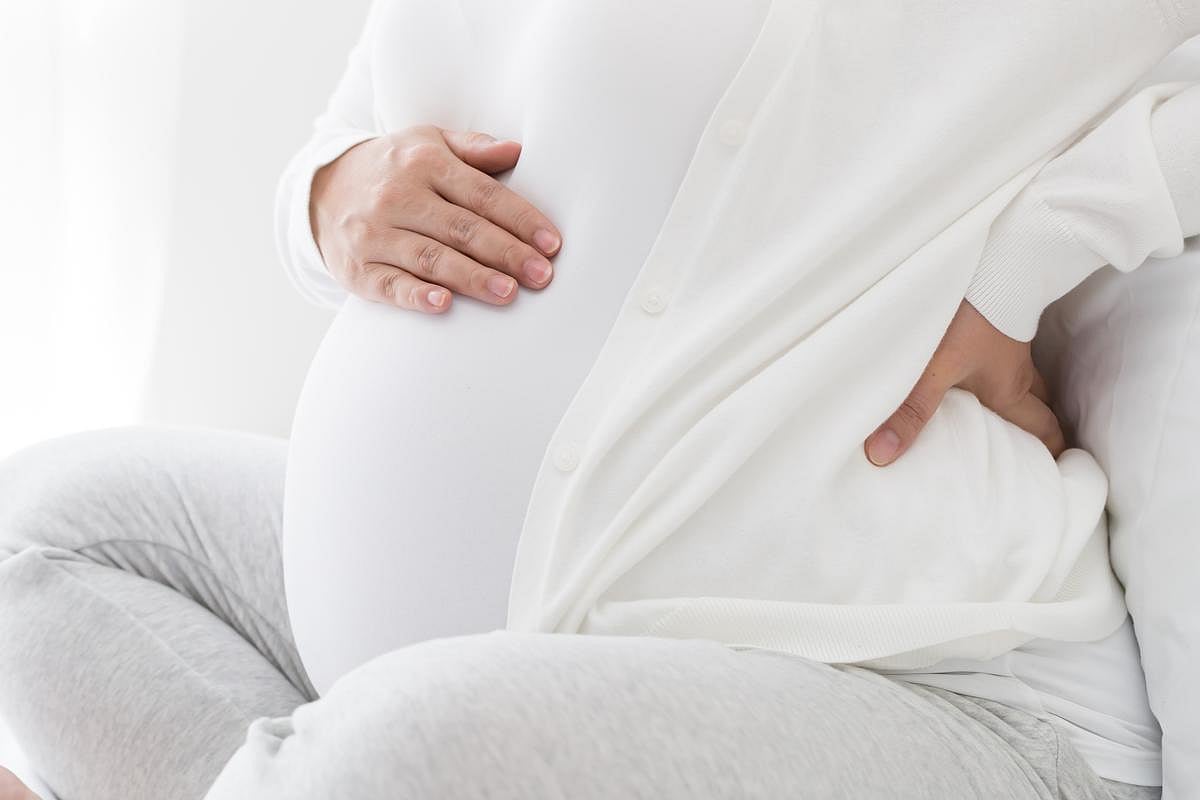Manténgase sano!

- Ernie Mundell
- Posted December 2, 2024
Newer Epilepsy Meds Safe During Pregnancy, Won't Affect Kids' Neurodevelopment
For decades, it's been known that certain older medications women use to control epilepsy seizures can pose risks to a fetus.
However, data now suggests that no such risk exists for newer-generation anti-seizure meds.
“We need to balance making sure there is enough medicine on board to protect the mother and her developing fetus from seizures, but not too much where we're creating risk for the child,” explained study co-lead investigator Dr. Kimford Meador, a professor of neurology at Stanford University.
Older medications such as valproate have been strongly linked to birth defects and cognitive issues in offspring. So, women with epilepsy have long been warned to stay off of these drugs while pregnant.
However, seizure control is important, since seizures can also pose risks to the fetus and mother-to-be.
New anti-seizure medications have been developed -- but do they pose any risk to the fetus?
To find out, Meador's team tracked the language development of 387 children. Kids were tracked up to the age of 6.
Of those, 298 had been born to women with epilepsy who took newer antiseizure medications while pregnant -- typically lamotrigine, levetiracetam or a combination of both drugs.
"Children were tested on a variety of verbal abilities, including vocabulary and matching spoken words to pictures," according to a news release from the National Institute of Neurological Disorders and Stroke (NINDS), which funded the study.
The result: No difference in language scores between kids exposed to the drugs in the womb and those who were not exposed.
“What makes this study meaningful is that when you assess a child at 6, the tests are a lot more sensitive than at earlier ages, especially 2-year-olds," Meador noted in the news release. "There’s measurable impact on school performance and results are more predictive of adult cognitive ability."
The new findings should reassure parents, since prior studies that had followed kids only up to age 2 or 3 had suggested that fetal exposure to high doses of levetiracetam might impair a child's cognitive skills.
However, by 6 years of age, no differences were found, according to the new research.
“Controlling seizures during pregnancy is an important part of prenatal care for women with epilepsy, but for years, the effects of newer antiseizure medications on their children was unknown,” noted Dr. Adam Hartman, program director at NINDS.
“One major component of this study was correlating the cognitive abilities of children with maternal blood levels of the drugs. This opens the door to future work and might inform better dosing strategies," said Hartman, who wasn't involved in the study.
More information
Find out more about about the treatment of epilepsy in pregnancy at the Mayo Clinic.
SOURCE: National Institute of Neurological Disorders and Stroke, news release, Nov. 27, 2024





